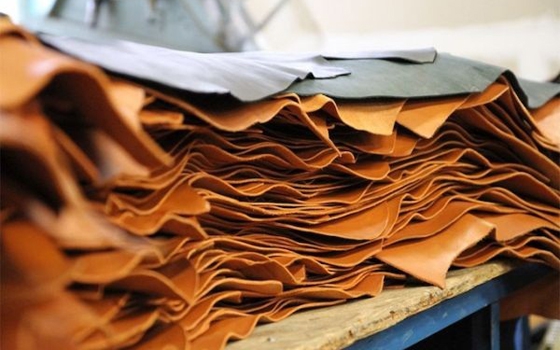Tanzania is turning to Egypt to tap into the latter’s technology to help it revive its tanneries and leather factories.
Minister for Industry and Trade Charles Mwijage said the decision follows a meeting between Presidents John Magufuli of Tanzania and Egypt’s Abdel Fattah El-Sisi in Addis Ababa.
“We are looking to revive the defunct leather industries and establish new ones to process and utilise the millions of skins produced in Tanzania every year,” Mr Mwijage said.
Tanzania is second in Africa, after Ethiopia, in the numbers of livestock the country has. According to data from the Ministry of Agriculture, Fisheries and Livestock Development, Tanzania keeps 23 million heads of cattle, 16 million goats, seven million sheep and two million pigs.
The country imports between 31,000 and 42,000 pairs of leather shoes from China and Southeast Asia, but less than three per cent of them are made from pure leather.
Low value addition in the leather industry has undermined production of leather products in Tanzania, with thousands of tons of skins and hides wasted due to poor handling, Mr Mwijage said.
Tanzania has eight small and medium-sized leather factories operating below capacity, both in collecting and processing raw hides and skins.
Most of the hides and skins are smuggled to Kenya.
Under the five-year development plan 2016-2020, the government has set a target for speeding up industrialization to make each of Tanzania’s 26 regions attract manufacturing industries and agro-processing factories.
“We are building strong industrial base for domestic products and exports as our efforts to raise the national economy through manufacturing industries. This will see Tanzania getting more revenues and creating employment,” Mr Mwijage told The EastAfrican
The EastAfrican
21 February























































